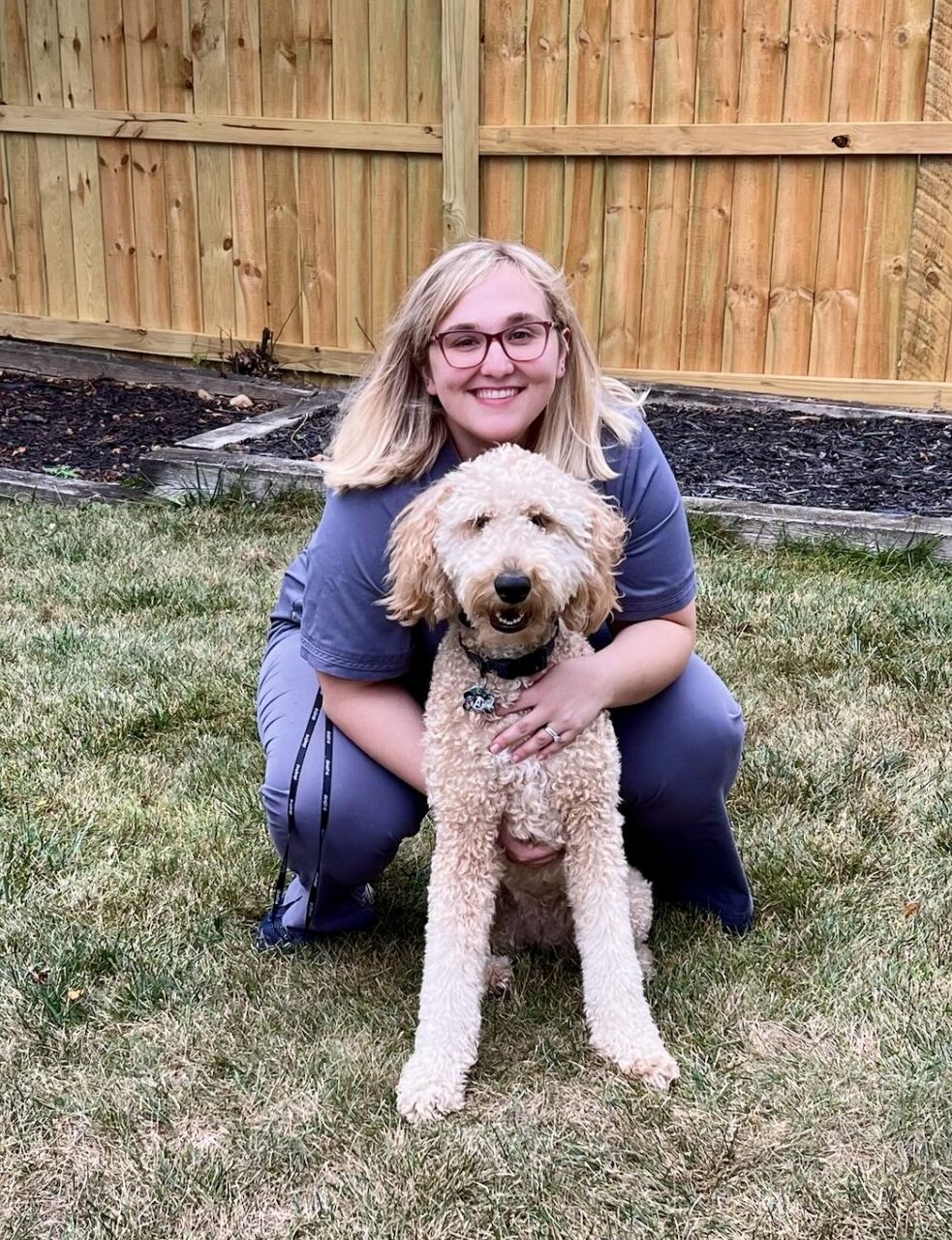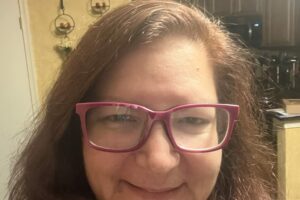In November 2022, I caught COVID-19 and was battling sickness for over a week. Mild symptoms persisted for a few weeks beyond that, but I was pretty much back to my normal routine by December.
In January 2023, I began noticing symptoms that I had never experienced in the months prior: random shortness of breath, heart palpitations, fatigue, and my cough coming back. I walked around for three weeks convincing myself that these things were minor, but I was significantly wrong.
My fiancé had left for a work conference on January 24 and, within a few hours, my shortness of breath had rapidly worsened. I crawled up the stairs to the bedroom, my heart racing while I was gasping for air, and lay in bed to try and sleep. I had a fleeting fear before drifting off that I might not wake up.
The next morning, I drove myself to the hospital. After walking only two minutes from the parking garage into the ER, my oxygen level was at 87%, my heart rate was through the roof, and my blood pressure was abnormal. I was taken in for a CT scan to discover a bilateral pulmonary embolism with a full obstruction on one side and clotting in my vena cava and pulmonary artery.
Upon further testing, bilateral DVT in my iliac veins and pneumonia were also discovered. I was immediately placed on a heparin drip and strict bed rest until my surgeon could perform a thrombectomy to save my life.
My procedure was excruciating and my immediate post-op was extremely difficult, but each person on my care team was a hero to me. I was able to live another day and begin a new chapter of life because of them. Later in 2023, I married the love of my life. I am so thankful.
In terms of risk factors, my doctors stated that COVID could have played a role as well as my birth control.
I’ve struggled to adjust after my blood clots. I’ve been diagnosed with PTSD and anxiety since my experience, and have become a passionate advocate for mental health support. I go to therapy to process my trauma, and I take medication to manage my health fears/panic attacks/nightmares.
I have learned to pay more attention to my body and to not be afraid or embarrassed to seek help. I really benefitted from watching NBCA’s “The Emotional Aftermath of Blood Clots” when my health anxiety skyrocketed. I truly felt seen and understood after listening to the research and discussion.
It’s okay to not be okay. My advice is to take care of your body, your mind, and your soul through this journey and know that you are not alone.
Resources
COVID-19 and Blood Clots
Women and Blood Clots: Birth Control
Psychological Impact of Blood Clots




